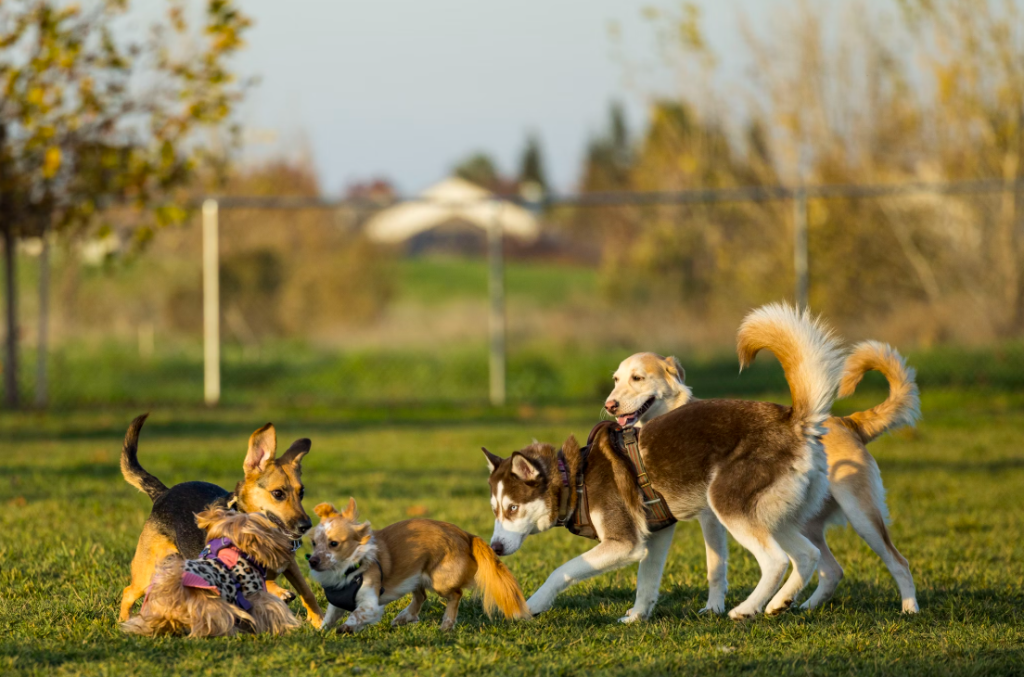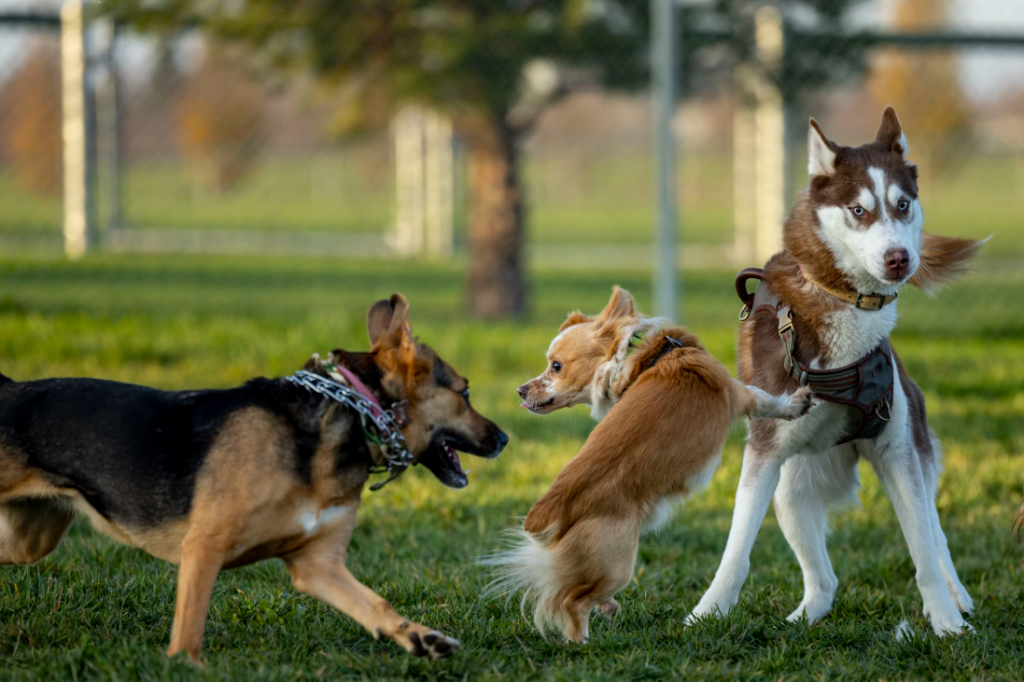Best Dog Trainers Near You (Tested on Real Troublemakers!)
Looking for the best dog trainers near you? You’re not alone. Whether you’re dealing with a headstrong husky, a bark-happy beagle, or a leash-pulling lab, the right trainer can turn your four-legged menace into a model citizen. We’ve done the legwork—testing trainers on dogs with real behavioral issues—to bring you a list you can trust.
Why You Need a Professional Dog Trainer
The Psychology Behind Dog Behavior
Dogs aren’t born bad. In fact, most behavioral issues stem from fear, confusion, or lack of structure. A professional trainer understands the root of these behaviors and knows how to address them with empathy and effectiveness.
When Training at Home Isn’t Enough
Ever tried Googling “how to stop my dog from chewing everything”? Yeah, us too. While at-home training is great, sometimes your dog needs expert intervention. Especially if they’re showing aggression, extreme anxiety, or constant disobedience.
Key Qualities to Look for in a Dog Trainer
Certified vs. Self-Taught Trainers
Certification isn’t everything—but it’s a strong indicator that the trainer has a solid foundation. Look for credentials like CPDT-KA (Certified Professional Dog Trainer – Knowledge Assessed) or IAABC memberships.
Methods They Use: Positive Reinforcement vs. Dominance
Avoid trainers who rely on punishment or “alpha” techniques. Science-backed training focuses on rewards, not fear. If they talk about building trust and understanding your dog’s needs, you’re probably on the right track.
Group Classes vs. One-on-One Sessions
Group classes are great for socialization, while one-on-one sessions offer tailored help. Many trainers offer both—choose what aligns with your dog’s issues and your schedule.

How We Tested These Trainers on Real Troublemakers
Our Testing Criteria
We judged trainers based on real-world success, client reviews, training methodologies, communication, and how quickly they achieved lasting results.
Types of “Troublemaker” Dogs We Used
We included a wide range: leash-aggressive pit bulls, anxious rescue mutts, hyperactive doodles, and even a bite-prone Chihuahua. Yes, really.
Real-World Training Scenarios
We didn’t just test in a calm classroom—we tested in dog parks, during neighborhood walks, and in owners’ homes. Real behavior in real settings.
The Best Dog Trainers Near You
Note: Replace city-based titles with actual trainer names based on location for specific SEO targeting.
[City-Based Trainer 1]: Top Pick for Aggressive Dogs
Specializing in reactivity and aggression, this trainer helped our most challenging test dog go from lunging to loose-leash walking in under two weeks.
[City-Based Trainer 2]: Best for Puppy Socialization
If you’ve got a new pup, start here. Their structured socialization classes introduce puppies to sounds, textures, and other dogs—building confidence early.
[City-Based Trainer 3]: Best Mobile Trainer
Too busy to drive? This mobile trainer comes to you. They offered flexible scheduling, customized plans, and even virtual follow-ups.
[City-Based Trainer 4]: Most Affordable Option
Budget-conscious? This trainer provides group classes and virtual sessions at a fraction of the cost without sacrificing results.
[City-Based Trainer 5]: Luxury Training Experience
Looking for high-end service? Think private sessions, boarding school packages, and personalized attention. Expensive—but worth every penny if budget isn’t a concern.

How to Choose the Right Trainer for Your Dog
Questions to Ask Before Hiring
- What’s your training philosophy?
- Can I watch a class?
- What kind of dogs do you specialize in?
- Do you offer follow-up support?
Red Flags to Watch Out For
- Promises of “quick fixes”
- Reliance on shock collars or prong collars
- No references or reviews
- Limited transparency
Cost of Professional Dog Training
What Influences Pricing
Prices vary based on experience, location, format (in-person vs. online), and program duration. Expect to pay anywhere from $50 to $150 per session.
Is It Really Worth the Investment?
In a word: Yes. A well-trained dog is a happier, safer, and less stressed companion. Plus, you’ll save money in the long run avoiding damage, vet bills, and liability issues.
DIY vs. Professional: Which Is Right for You?
Pros and Cons of Each Approach
| DIY Training | Professional Training |
|---|---|
| Cost-effective | Expert-level guidance |
| Flexible schedule | Structured curriculum |
| May lack consistency | Faster results |
Hybrid Training Models
Some of the best trainers now offer hybrid models—think online coursework with live coaching. Ideal for busy owners who still want that pro input.

Final Thoughts
Finding the best dog trainer near you isn’t just about convenience—it’s about trust, results, and making life better for you and your dog. Whether your pooch is a naughty biter or just needs help with manners, the right trainer makes all the difference. We tested the best so you can choose with confidence. Go forth and train that troublemaker into a total champ.
FAQs
Q1: How long does it usually take to train a dog?
A: It depends on the issue, but basic obedience can take 4–8 weeks. Behavioral problems may need several months.
Q2: Are online dog training programs effective?
A: Yes—especially if the trainer offers interactive support. Hybrid programs combine convenience with effectiveness.
Q3: Can adult dogs still be trained?
A: Absolutely. Older dogs may take a bit longer, but they’re just as capable of learning new behaviors.
Q4: What’s the difference between a behaviorist and a trainer?
A: Trainers teach commands and manners; behaviorists handle deeper psychological issues. Some professionals are certified in both.
Q5: Should I be present during my dog’s training?
A: Ideally, yes. Your involvement helps reinforce the lessons and strengthens your bond with your dog.









Post Comment